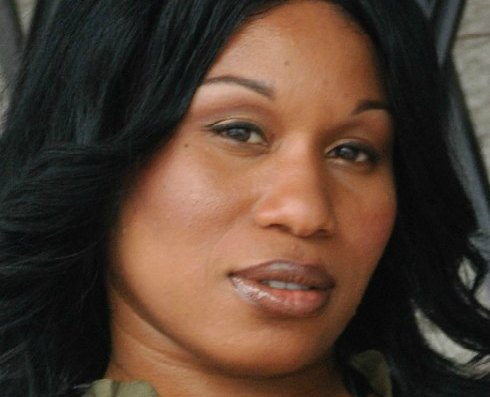
I call it The Hip Hop Dilemma. The symptoms are all around us. You hate the new direction Hip Hop is going in and you hate that the young boys are wearing tight jeans. Still, Hip Hop has a tremendous pull, something that you can’t ignore.
And if it’s a dilemma for our younger generation, imagine what it’s like for adults. Ask your mother or aunt what is their dilemma with Hip Hop and the question will ignite a long, drawn out conversation because in some way or another Hip Hop bothers them. Deeply.
I am writing this column, in part, because I want to help bridge the generation gap in our community. Just because our elders don’t like our music – and will admit that their elders didn’t like what they were playing when they were growing up – doesn’t mean I have to ascribe negative motives to them or they to us.
Civil Rights leaders just want us to use our power wisely and remember the battles from which we came. At the same time, the Hip Hop pioneers and legends just want to be recognized for their greatness and they want the true meaning of Hip Hop to be appreciated by all age groups.
True Hip Hop artists and fans have been preparing for the day real Hip Hop returns. In the meantime, a new school of young people are making their own way, making their own rules with the power that has been prematurely handed to them. .
What is Hip Hop?
If you ask most, it’s music gone wild. But it’s more than that. This art form represents a way of communicating – an attitude, a position, a swag, life lived freely. When people talk about Hip Hop, they say it’s a youth movement. This is our first dilemma. Hip Hop will be 39 years old this year (it began August 11, 1973). That was the age of Dr. Martin Luther King, Jr. when he was assassinated in Memphis.
More than half of African Americans were born after Dr. King gave his “I Have a Dream” speech at March on Washington. That was nearly 50 years ago! Instead of teaching the younger generation, some elders have left the youth to their own devices, expecting them to absorb the lessons of their movement without providing the needed guidance.
Consequently, some of our artists make missteps – Lil Wayne denigration of Emmitt Till is one example – because our music legends are not spending enough time with younger artists.
Who should be leading them?
Logically, legends such as Afrika Bambataa, Kool Herc, Grand Master Caz, Pebblee Poo, Roxanne Shante and Kangol Kid. They should be schooling the young people on respectful content, situations to avoid and direction. The Tru School artists like Big Daddy Kane, Rakim, KRS-ONE, Del La Soul Brand Nubian, and Monie Love should be the body of A&R’s who are nurturing the music we know and love at the record labels and the radio stations.
Young people naturally look to their elders for direction, but what do they see? Do they see someone they want to model themselves after? They don’t see benefit and prosperity in what their parents are telling them? Or, do they see broken homes and gun shots? They can’t help but see the legends trying to get back in the game, the real Hip Hop heads fighting the power, and no one with solutions.
Where else can you have a job making $300 million with no educational requirements, no drug testing, no prior experience and your only responsibility is to come up with a slick line that everybody in the hood will repeat.
Hip Hop teaches them they can stay true to themselves and represent who they are in the streets. The street is the place where they feel most comfortable because the streets are real with them; the streets don’t lie; the streets give them experiences that are relevant to the world they are growing up in. The schools are not teaching at the pace and in the language that these young people are learning and absorbing information. So Hip Hop music becomes their outlet like generations before but today there is no agenda, no demand for progress.
We therefore render our entire community defenseless when we allow major entities to use the power of money to entice our young people with a false sense of reality. We are fed images that represent attitudes and personalities of cookie cutter artists who have no vision, who have no morals and who have no idea what kind of damage they are causing. These artists, corporations, and record labels have access to the minds and ears of our most precious cargo. When we don’t step in and protect our children from harm in any form, we ourselves are an accessory to the crime.
This conversation will be continued next week.
Jineea Butler, founder of the Social Services of Hip Hop and the Hip Hop Union, can be reached at jineea@gmail.com or Tweet her at @flygirlladyjay
